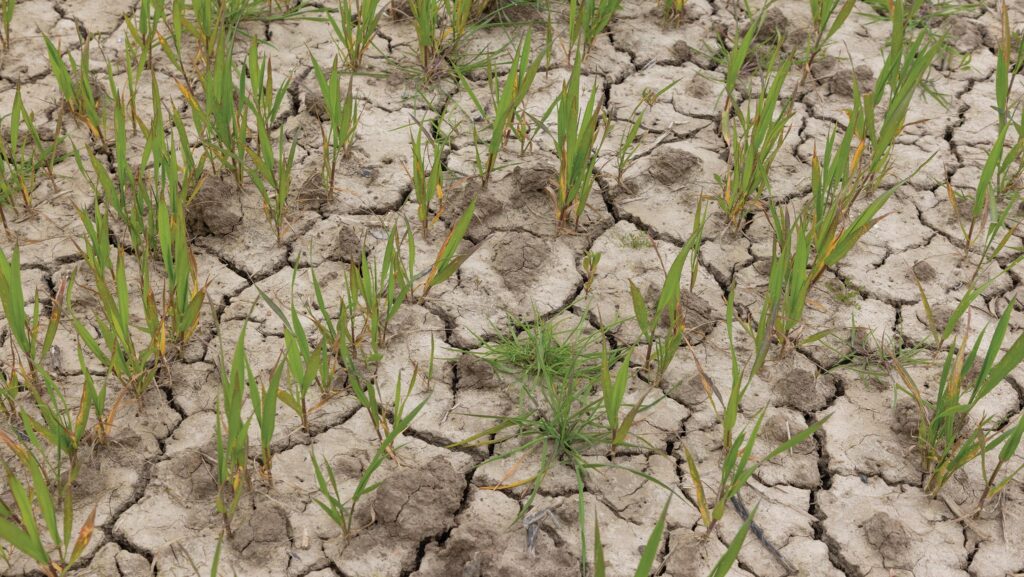Worst harvest for nearly 40 years at Northumberland farm
 © GNP
© GNP Harvest 2024 marks the lowest yielding season for nearly 40 years at Glen Sanderson’s farm in Northumberland.
This was the result of excessive winter rain, which left crops struggling to survive.
Oilseed rape was the worst crop ever grown, Glen reports.
“One field had to be ploughed up due to the disastrous conditions.
See also: Harvest 24: Warning over increased cereal ergot risk to livestock
“The crop has never done as badly as this,” he said.
“We were lucky if yields reached 2t/ha. We work on a gross margin of 3.5t/ha, so we’ve lost thousands of pounds.”
Unfortunately, winter barley crops showed a similar trend, with yields of 5.5t/ha.
“This was a yield I would be pleased with if it was 1971, not 2024.”
The wet winter weather seriously hit crop performance at the 160ha farm near Morpeth.
It left pest and disease levels to surge in crops, which had managed to survive the monsoon.
What was the most financially damaging was that fields were nurtured with the same level of care and compassion as any other year.

© Glen Sanderson
“We wouldn’t have believed we would get the yields we have,” he said.
“We applied the standard herbicides, fungicides and nitrogen levels as we normally would.
“Not to mention the cost of establishment as we get a contractor in for that – so we’ve lost a fortune.”
Glen admits the loamy soil farm is “not the most high-flying”.
However, winter barley crops usually yield 7t/ha and winter wheat just shy of 10t/ha, so it has been a serious blow at a time when farming is already in a difficult position.
“When you have a year like this, it is a disaster.
“We certainly couldn’t sustain another like this, otherwise you just can’t make a living.
“Some farmers are really struggling financially and mentally – it’s important to know you’re not alone.
“The winter wheat looks OK, excluding the bare patches where the crop was flooded.
“The spring barley is looking like a really beautiful crop. We need to stay positive.”
Glen still believes things can only get better. For now, he says, it is business as usual.
